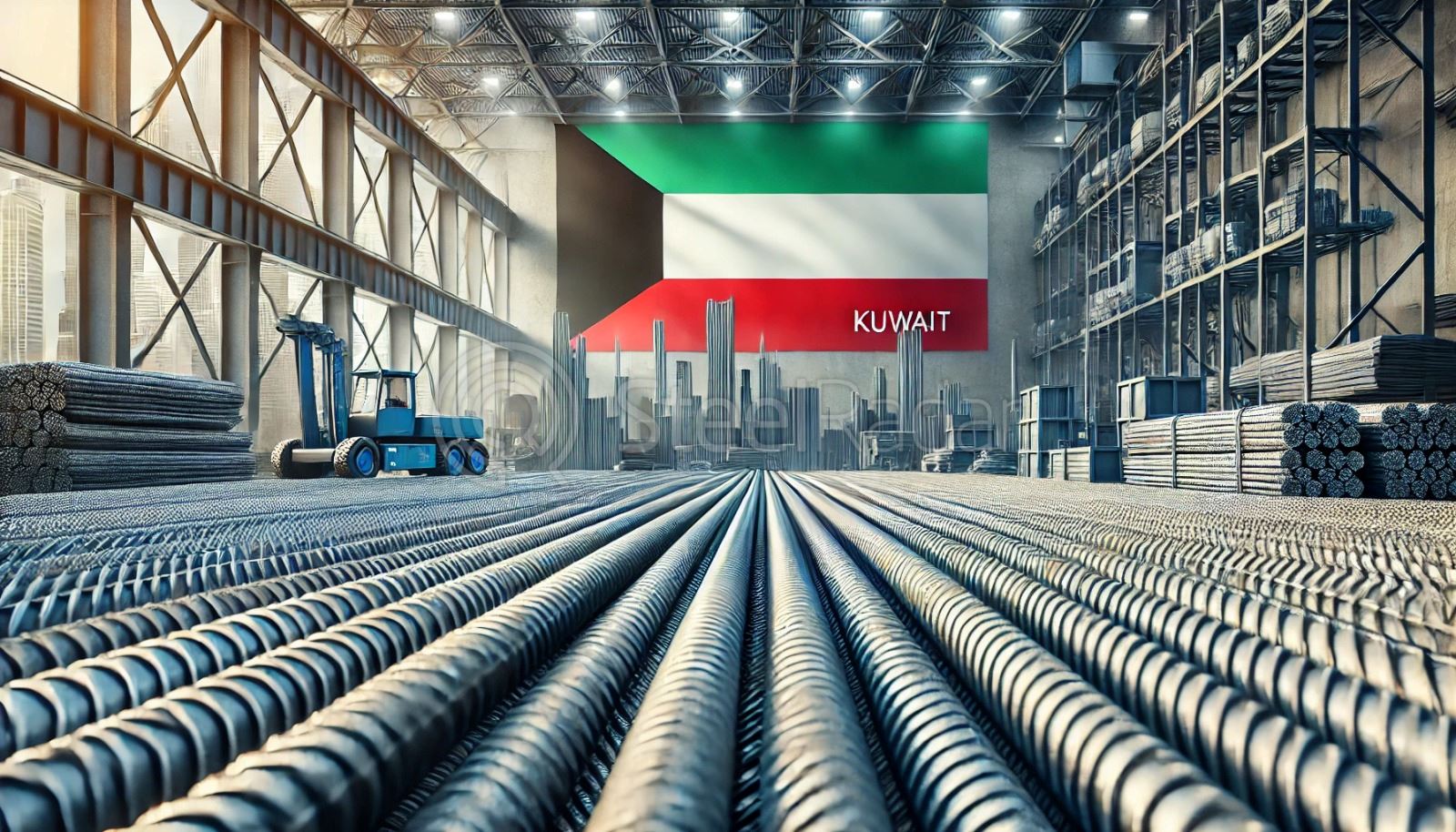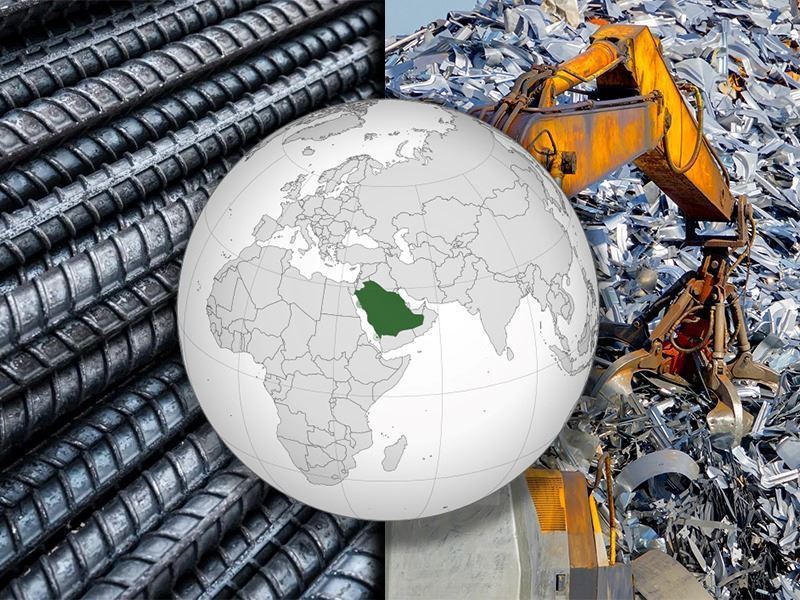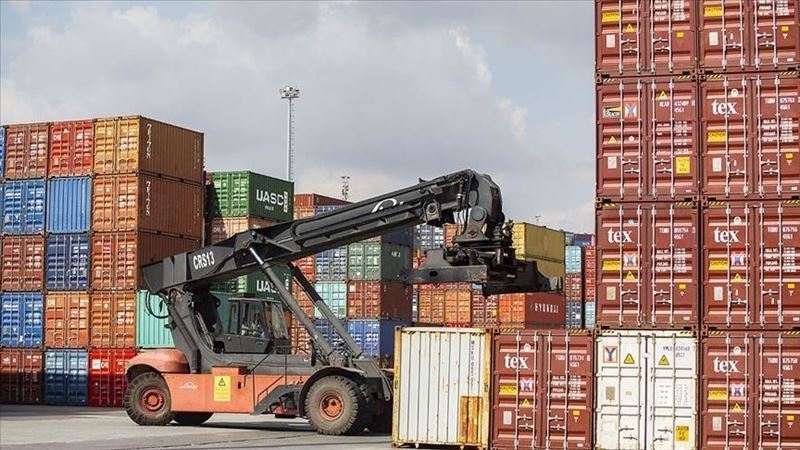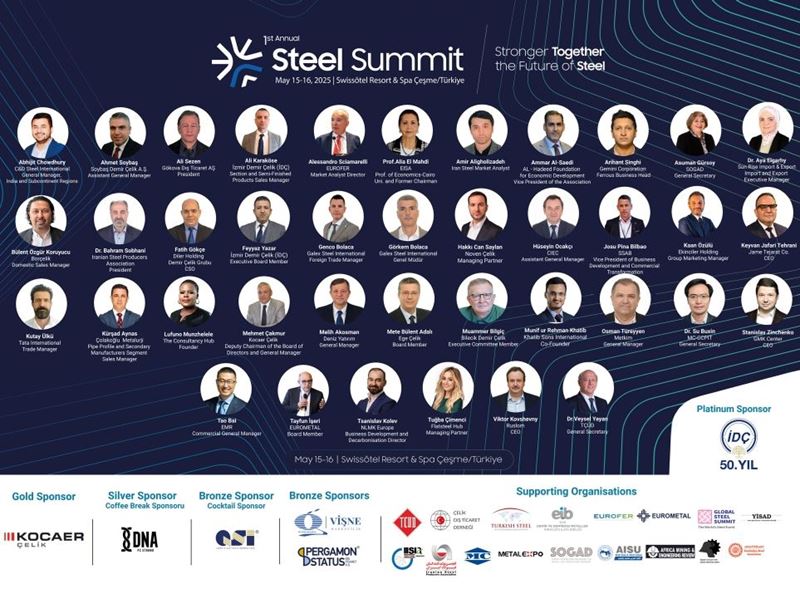Rebar prices in Kuwait fluctuated throughout 2024 due to global and local factors. Iron, which has a critical importance in the construction industry, continued to be in demand with major projects and urbanisation efforts. Changes in global iron ore prices, increases in transport costs and energy prices were among the main factors directly affecting rebar prices in Kuwait. In addition, government incentives for the construction sector, new city projects and infrastructure investments led to an increase in prices. In particular, the urbanisation process and the acceleration of major construction projects have increased local demand.
Domestic rebar prices in Kuwait range between 175-186 Kuwaiti Dinars (~USD570-610) per tonne. These prices may vary according to factors such as quality and demand. While local rebar is preferred for projects requiring fast supply, imported rebar is used in large construction projects. Imported rebar prices are generally higher and Saudi Arabia, the United Arab Emirates and Oman stand out among the suppliers. Rebar from these countries can sometimes be more expensive than domestic rebar.
The main reasons for fluctuations in rebar prices include price changes in global markets, higher transport costs, local supply-demand balance and production costs. Increasing global demand, especially from large rebar consumers such as China, is another factor pushing prices higher. In addition, rising energy costs create additional costs in the production and transport processes. Geopolitical tensions, such as the Russia-Ukraine war, have disrupted global trade and made the supply chain for such materials more difficult.
According to 2025 forecasts, rebar prices are expected to remain at high levels in the short term. However, prices may decrease slightly if energy costs fall or geopolitical conditions improve. Major construction projects and urbanisation efforts in Kuwait may cause demand to remain high and prices to remain at consistently high levels. Moreover, as Kuwait's construction sector continues to grow, prices may continue to fluctuate due to supply chain disruptions and global market conditions.
Construction industry professionals are advised to diversify their suppliers, start their projects early and enter into long-term contracts to avoid being affected by fluctuations in rebar prices. These strategies are among the most effective measures that can be taken against price increases. Long-term supply agreements can help companies protect their budgets, especially in periods when prices are expected to increase further.











Comments
No comment yet.